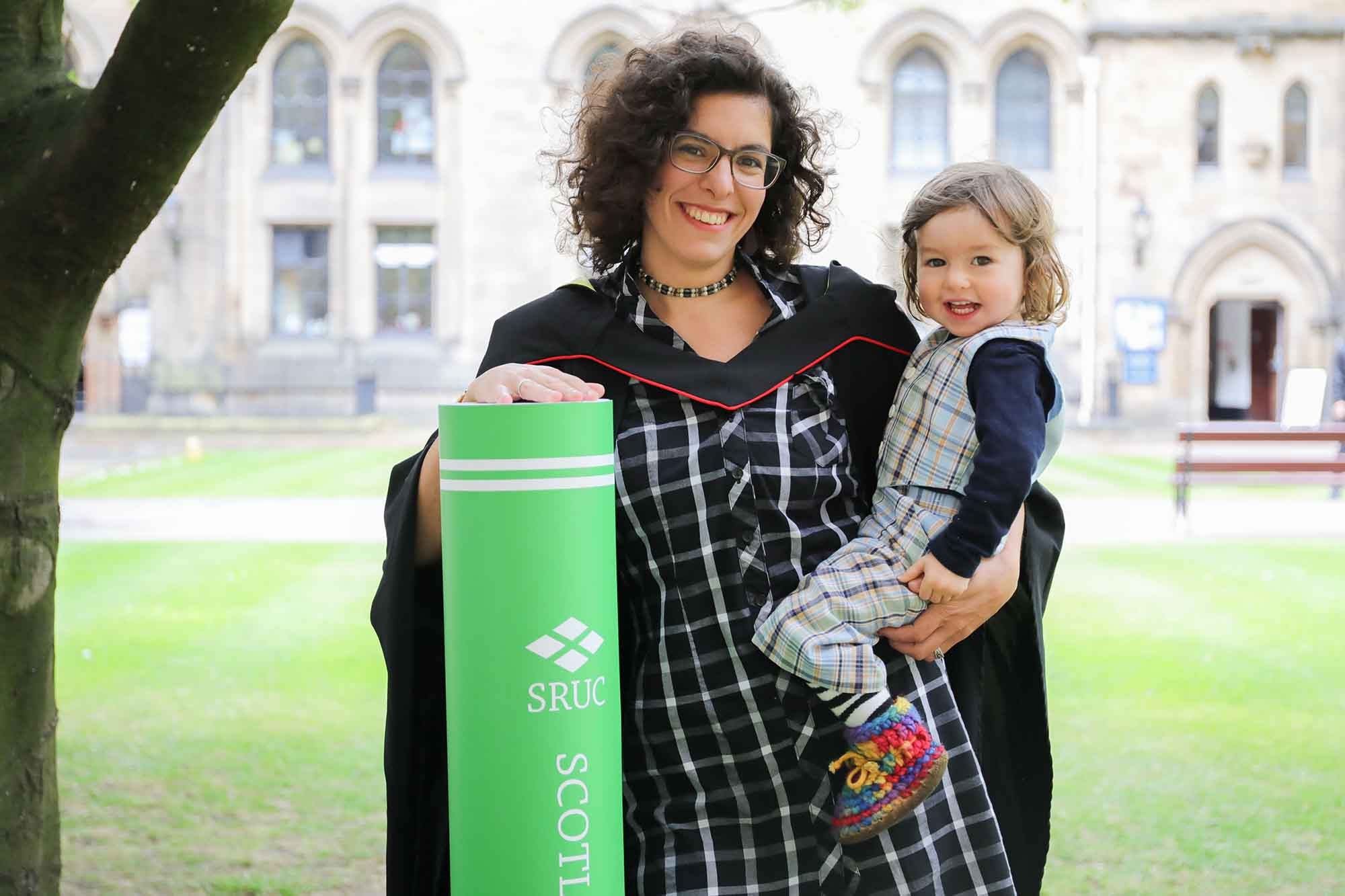
Discretionary Fund
The purpose of the Discretionary Fund is to assist students who endure financial difficulties while attending college. Students need to meet the residence criteria and have exhausted all other funds before applying to the Discretionary Fund.
It is used mostly to assist students who have their own accommodation and require assistance in paying their housing costs and associated expenses. Students need to be aware that funds are cash-limited and any award made will likely be insufficient to cover your full housing/rent costs. Students who apply must be able to provide official documents to support any claim for additional financial support. The amount each student receives will be dependent on their personal circumstances. Students do not need to repay this fund; however, money is limited, so not all applications are successful.
This fund will be open to students during induction week.
We also have discretionary funding to help with unexpected hardship, and childcare funding to help with childcare costs. Discretionary funding can only be applied once your course has started. Contact your campus education office for further details.

Childcare funding
Childcare funds are designed to provide financial assistance to students whose entry to, or continuation of, their chosen course at SRUC may be inhibited by the cost of childcare.
Childcare funding is limited and is allocated on a first come, first served basis.
If you have children, you can claim assistance with your childcare costs. They must be with a registered nursery/childminder and you can only claim costs for the days when you are timetabled to be in college or in a mandatory work placement as part of your course. Payments will not be paid if you do not regularly attend class or the work placement. Applications for support from the Childcare Fund are income-assessed.
Lone parent students who pay all or part of the cost for registered childcare can receive up to £1,215 a year in the form of a Lone Parent Childcare Grant. This grant is not income assessed. However, a student must provide proof that they are a lone parent with registered childcare expenses. This fund will be open for students who hold offers with SRUC from June. Students who receive childcare funding from any other source (such as the childcare element of working tax credits) should not apply for this grant. If lone parents have childcare costs in excess of £1,215 they will be considered for additional support from the Discretionary Childcare Fund, but this element of support will be income-assessed.

Travel expenses
Travel expenses may be paid if you are a further education student and live more than two miles from campus and are studying at a NC level or below (if you are studying an HNC or an HND Degree course you do not qualify for travel expenses). They are calculated on the cheapest ticket available for public transport. If you are coming by car the mileage rate paid is £0.20 per mile. Expenses are capped at a maximum of £50 per week. If your travel exceeds the maximum, please provide evidence, such as train tickets or bus tickets to show your travel costs. Where a student is eligible, awards will be based on individual circumstances.
This allowance is subject to a financial assessment, with the exception of students under 18 years, who will be considered for travelling expenses irrespective of parental income. Travel expenses cannot be paid if you are studying online.
If you are travelling by train then you may be eligible for some discount on your train fares.
Under 22s Free Bus Travel Scheme
All young people and children aged 5-21 years can apply for a card to access the Young Persons’ (under 22s) Free Bus Travel Scheme. You will need to carry a National Entitlement Card (NEC) or Young Scot NEC with the valid free travel entitlement with you whenever you want to take the bus.

Care experienced students
Students who have been in care at any time may be eligible for a Care-experienced Bursary. The term 'care-experienced' refers to anyone who has experienced a certain form of care in their life (sometimes known as having been ‘looked after’). This care may have been provided in many different settings, such as:
- formal kinship care – living with a relative who is not your parent
- being looked after at home with the help of social workers
- living in a residential unit or school
- Foster care
- living in a secure unit (such as those provided by a Local Authority, a religious organisation or a charity)
- adoption
Further education students:
Care-experienced students studying below SCQF level 6 must apply to the college bursary for their funding. The Care-experienced Bursary is £202.50 per week, with an additional amount for travel if you live more than two miles from your campus.
Higher education students:
Care-experienced students studying above SCQF level 6 must apply to SAAS for their funding. The bursary of £8,100 replaces the current income-assessed living cost loan and bursary. If you are in receipt of the Care-experienced Bursary you are not eligible to apply for a student loan.
Help may also be available with your accommodation costs over the summer holidays (which fall between each year of your course) in form of a Care-experienced Accommodation Grant, with a maximum of £105 per week. SAAS will pay this directly to the person that is providing you with accommodation.

IT equipment for blended learning
Students might require the use of IT equipment while SRUC continues with blended learning. It is important that you have the equipment available at home to enable you to study online if necessary. A smartphone is not suitable for online classes or course work, so you'll need either a Chromebook or a laptop. SRUC are able to provide loan equipment for students who do not have access to either.
If you have a place on an SRUC course we will email you prior to Welcome Week, asking you to complete an online registration. As part of this, you will be asked to complete an IT resource assessment form. Please let us know if you need a loan device and confirm that you have broadband available, with full connectivity.

Alumni discount for postgraduate classes
SRUC Alumni can enjoy a 15% Alumni Loyalty Discount on all MSc courses. Previous graduates, and those who are soon to graduate, can take advantage of the discount.
There are many benefits of continuing your studies with SRUC after you graduate. You can choose from a wide range of eligible MSc courses and make a substantial cost saving with our 15% Alumni Loyalty Discount. You are able to continue your learning and development in an environment familiar to you with the academic teams you already know. And you can make use of support and student services including libraries, careers support and recreational facilities.
Additional funding opportunities

Further education funding
Further education (FE) includes any study after secondary education that’s not taken as part of an undergraduate or graduate degree.

Higher education funding
Higher education (HE) is any study after secondary education that’s taken as part of an undergraduate or graduate degree.

Student bursaries
SRUC offers a variety of additional funding opportunities to encourage and support engaged students, passionate about their subject area, to maximise their potential and study at SRUC.
You might also be interested in:

Course catalogue

Training courses
SRUC's training service offers a wide range of training and skills development courses to meet the needs of the land-based workforce across Scotland and the rest of the UK.

Subject areas
We're Scotland’s national provider of college and university level education in the land-based sector.


Virtual Experience
We've created a Virtual Experience platform for students where you can find great videos and examples of what it’s like to study our courses, along with campus and facility tours.

Fees & funding
The area of student finance can be a complicated and ever-changing one. But don't worry, funding, including bursaries and loans to help with tuition fees, living, and travel costs, is available to help you complete your studies.




